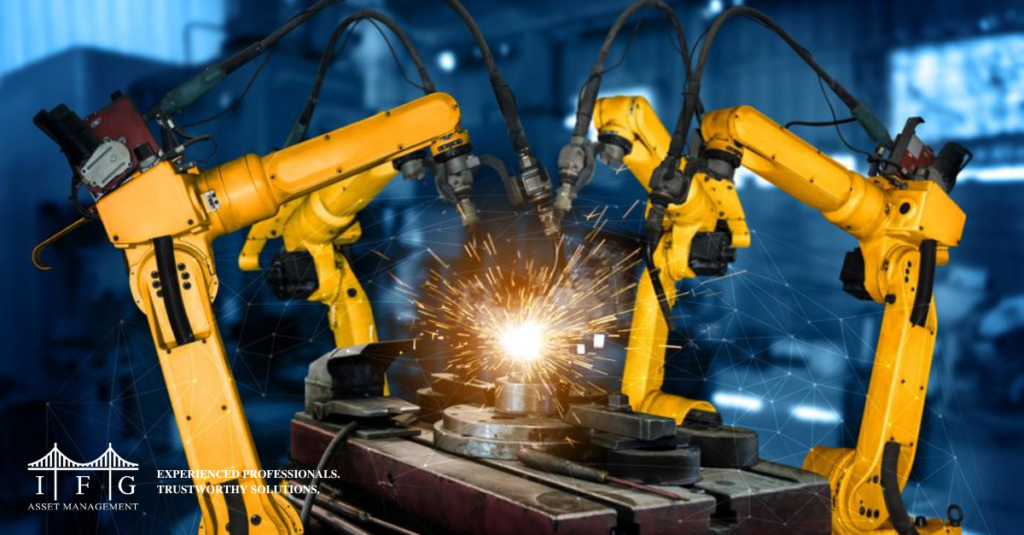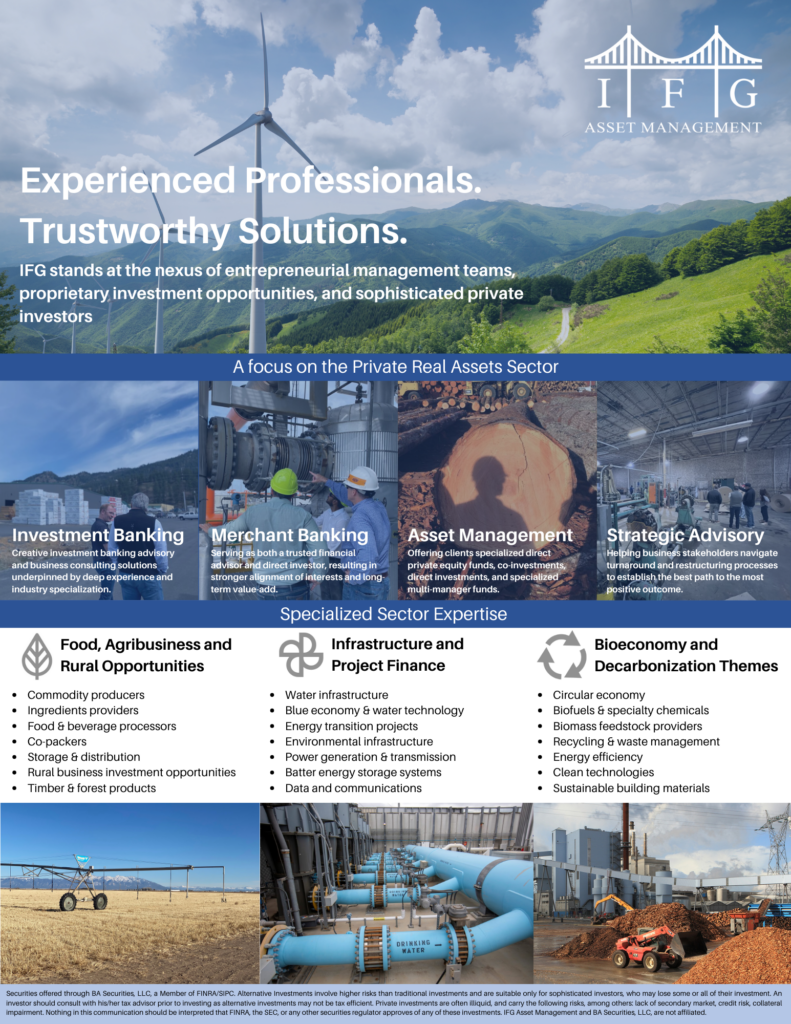What is Hardtech?
Hardtech is the applications of engineering and science often involving the combination of hardware and software to solve a problem in a particular industry. Innovative hardtech often creates a new platform on which companies deliver value and service to customers creating a competitive advantage through barriers for competitors.
Hardtech vs Soft-tech
A handful of software developers can build a prototype in their spare time will most of the tools they require being available for free. If any specialized skill is required there are various platforms they can hire personnel through to solve a specific problem. Software is infinitely scalable through channels such as Amazon’s AWS and the support of marketing or sales people. This allows for venture capital to thrive allowing for investments in low capital-intensive businesses.
Hardtech often required one to invent something physical requiring a variety of specialists, a lab or factory, capital for inventory, and the capability to ship a product. This results in millions of dollars in investment often just to set up a pilot plant requiring investors who understand technology just as much as spreadsheets.
While in soft tech one may be able to launch with a half-baked minimum viable product with a strategy to keep adding featured until one find product market fit, this is not the case with hardtech. This process of business development must be completed before product launch since many features and solutions associated with hardtech include a physical component requiring manufacturing ahead of release. Performance improvements may be made after release with the feedback of customers, however, the majority of functionally and capabilities must be established prior to release.
Developing hardtech products require full stack teams with backgrounds in science, engineering and management to help develop the technology and bring the service to market. It takes a talented CTO or CIO with a broad knowledgebase in a variety of subject matters to define a strategy and manage a team.
Why Not License the Technology?
While licensing may allow for the commercialization of inventions and allow founders to focus on R&D, it is often difficult to find potential customers willing to license technology often preferring to develop their own. It is also difficult to find an operator that will be willing to pay 10% of the product cost and then make and sell the product themselves with this fee being closer to 1-3% on licensing deals.
Licensing is a good business model for bootstrapping the business but not ideal for outside capital due to smaller exit opportunities. If you have invested a great technology, you will most likely have to scale it yourself. While manufacturing the product yourself you will deal with supply chains, factory workers, shipping, and marketing to industrial customers.
Challenges of HardTech
There are various challenges is starting and scaling a hardtech company. Some of these challenges include:
- Intensive capital requirements to build a production facility and maintain inventory.
- Large amount of time required to scale from prototype to test to production.
- Production problems require time and potentially additional capital to resolve often with no way to work around.
- Founders are usually scientists often with little business skills which will require a business savvy co-founder that will manage sales and marketing rather then building and operating a factory.
- Acquistions may be based on small multiples of EBITDA rather than a huge multiple of revenues.
In summary, hardtech costs more, takes longer to build and scale, and may pay out less on success.
Advantages of HardTech
As a result of the challenges listed above, they also crate advantages in the hardtech space. Hardtech is very protectable and enforceable through patents allowing to secure Intellectual property with 20 years of protection and the sole right to use that technology. The IP system rewards those that invest in the upfront research development time and capital to produce the technology. Even without IP protect it can take years for competitors to catch up in research and development of a similar technology.
There is less uncertainty around the financial models and requirements in hardtech especially on the cost side since capital costs to create the product are typically known before any investment dollars are spent.
Conclusion: Do it Anyway
With these complications and advantages in hardtech, there will always be a reason to pursue development and investment in hardtech companies. This is because innovation will continue to create real physical solutions to hard problems required across all industries.



